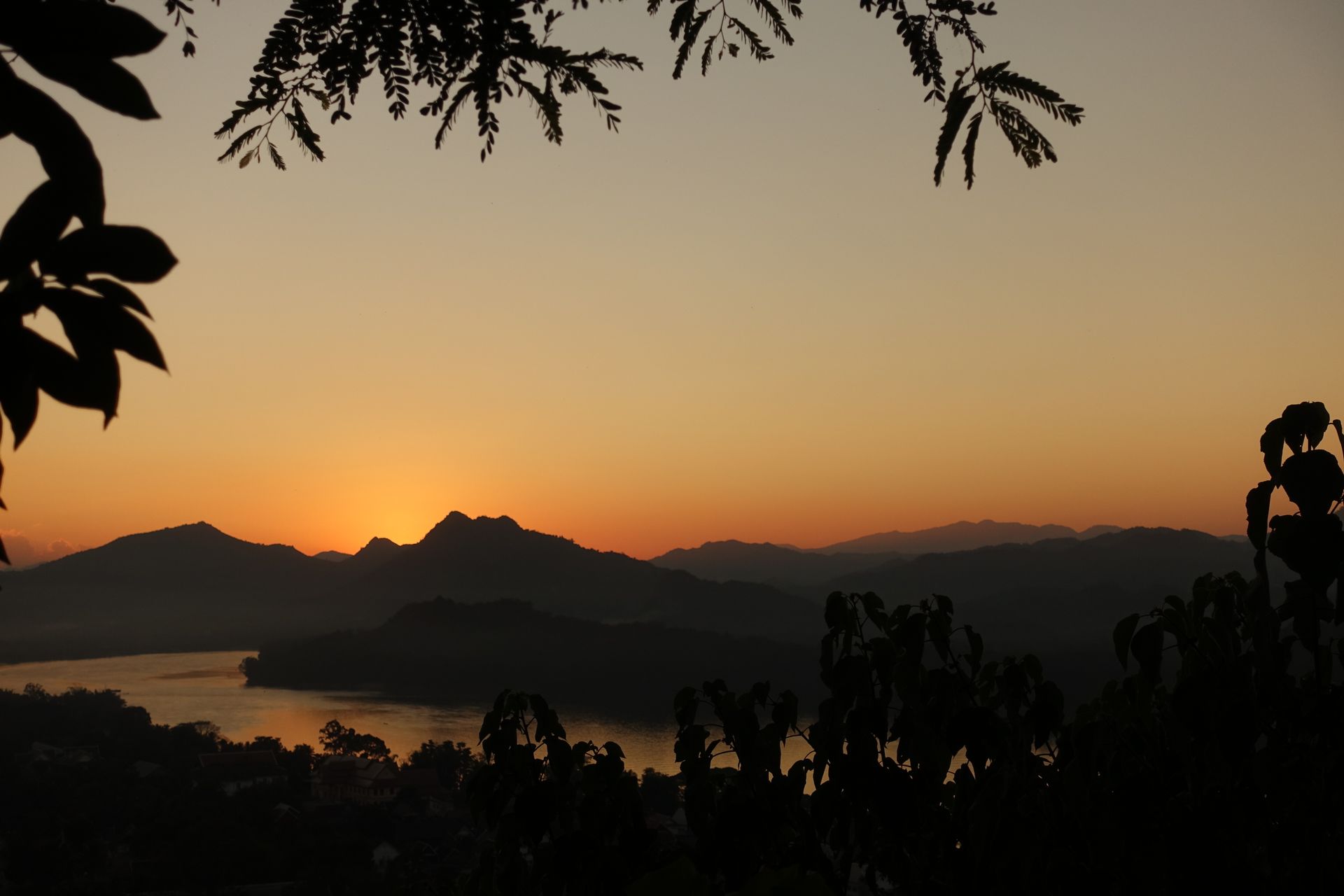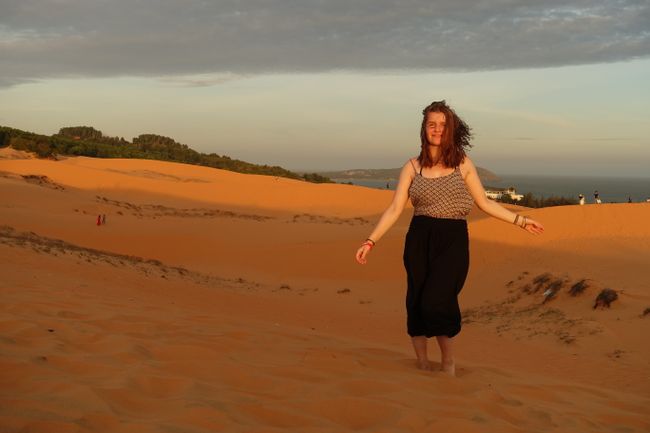Mount Ijen - one of the most toxic places in the world
வெளியிடப்பட்டது: 04.07.2019
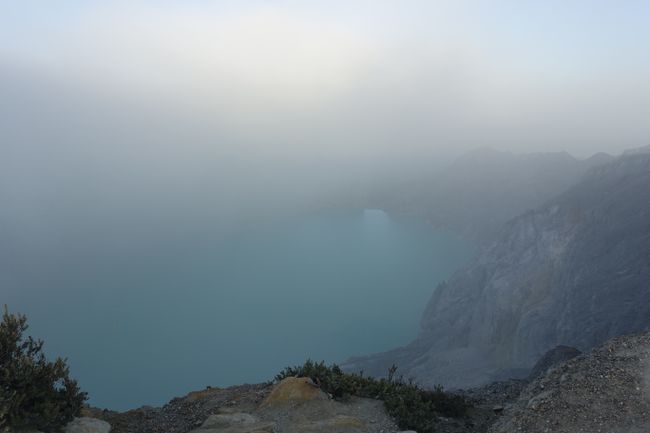
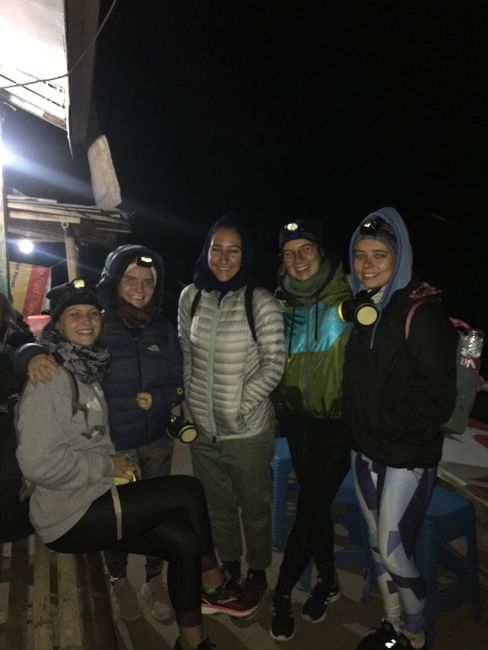
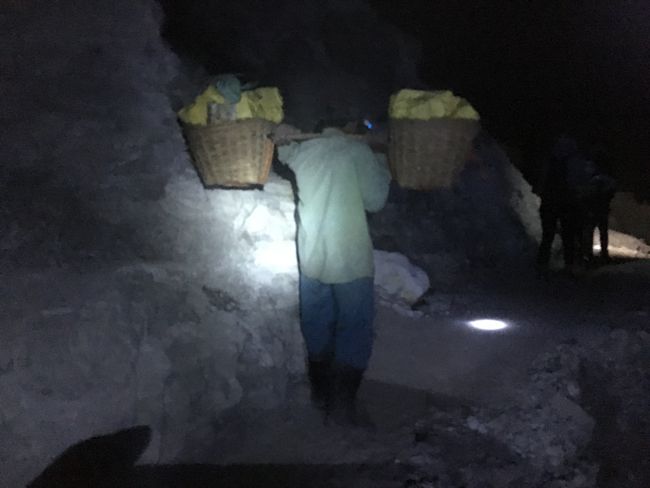
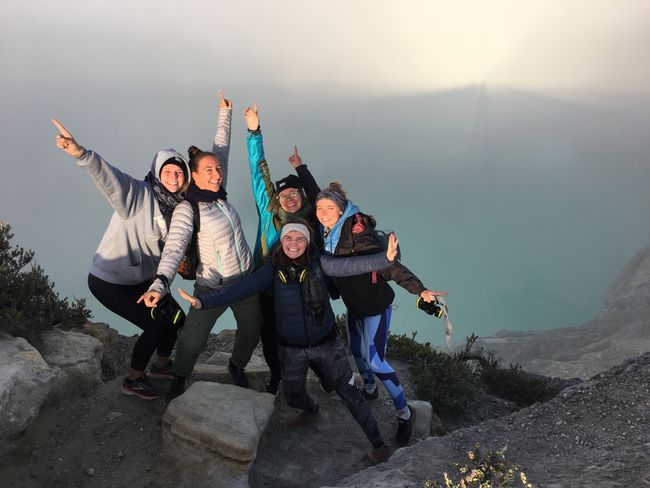
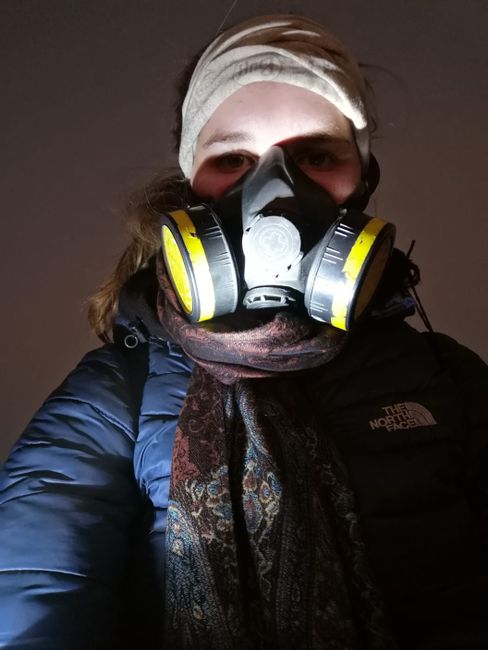
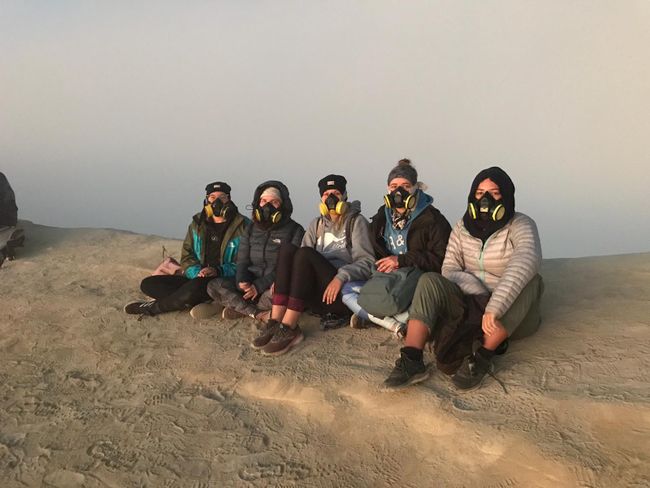
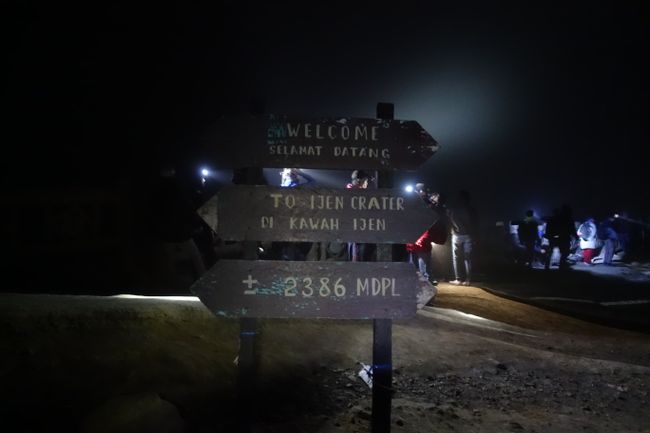
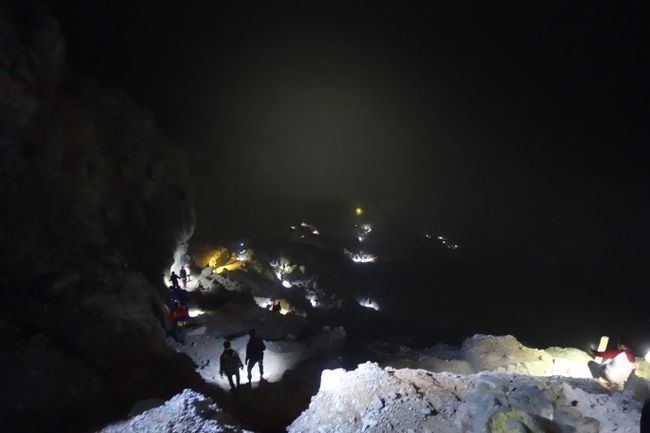
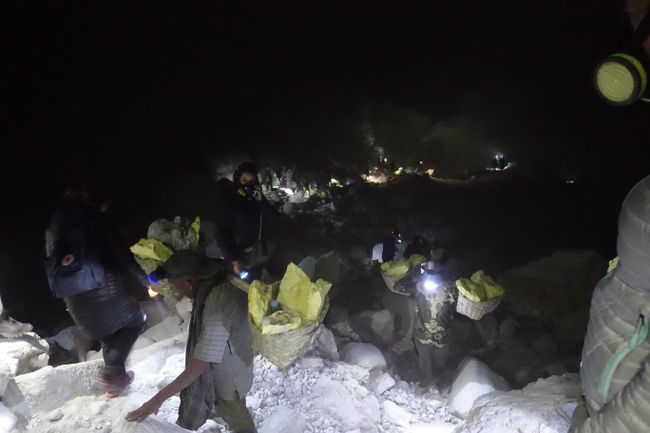
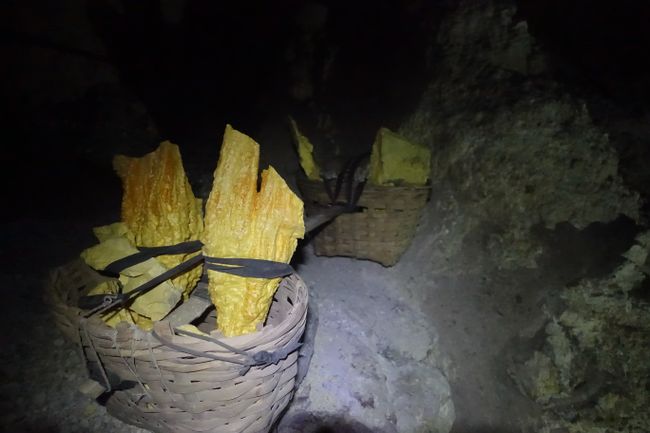
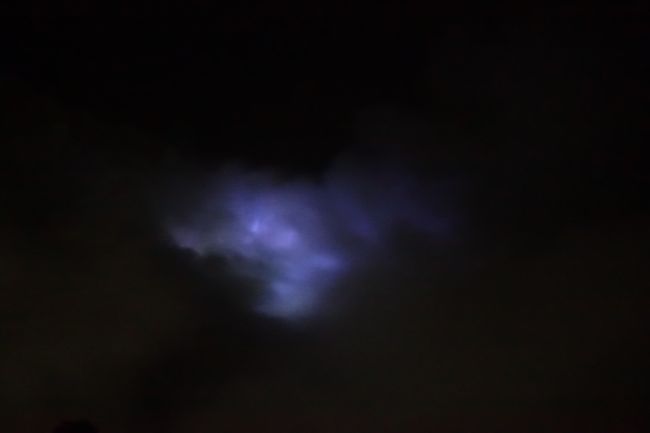
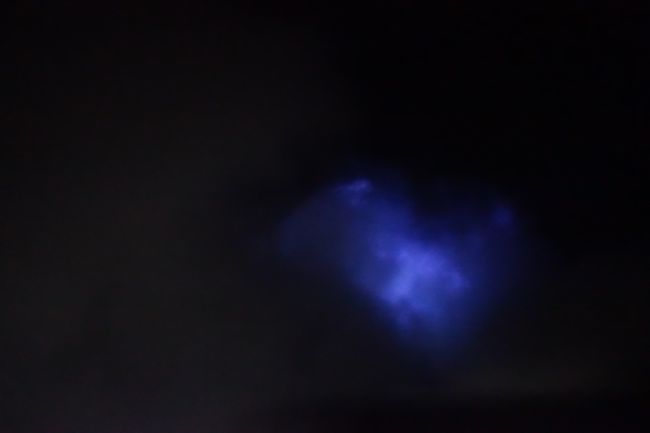
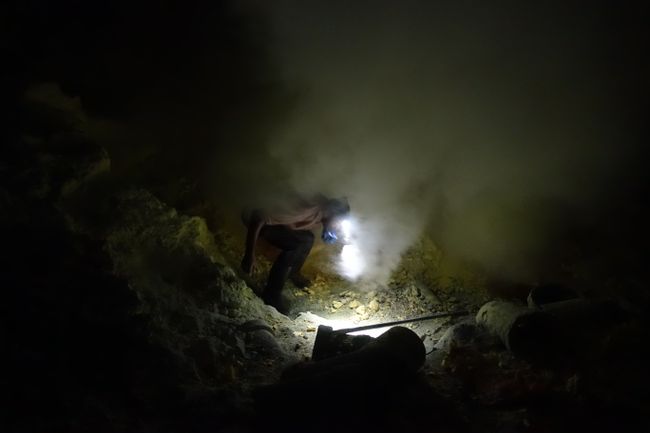
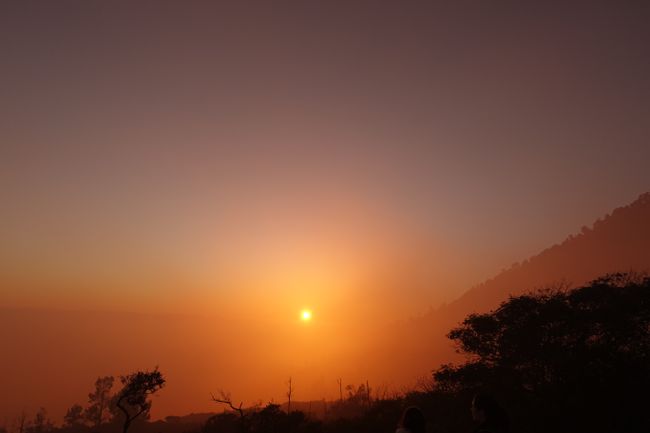
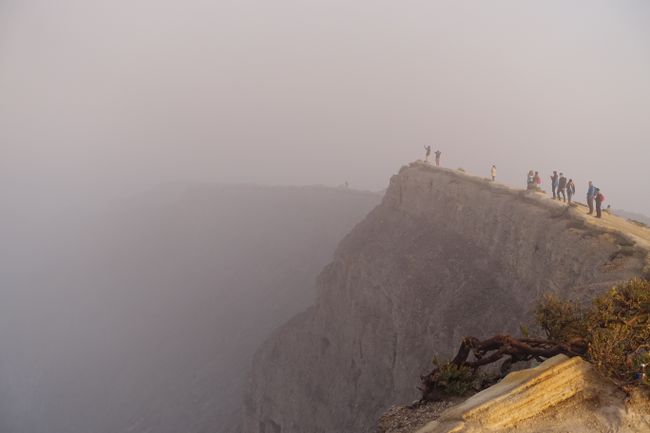
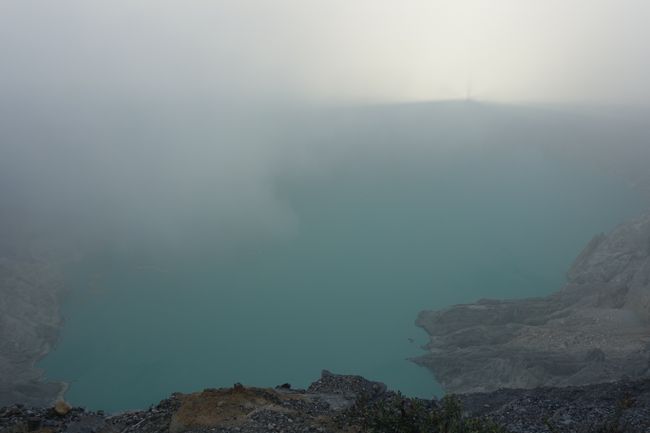
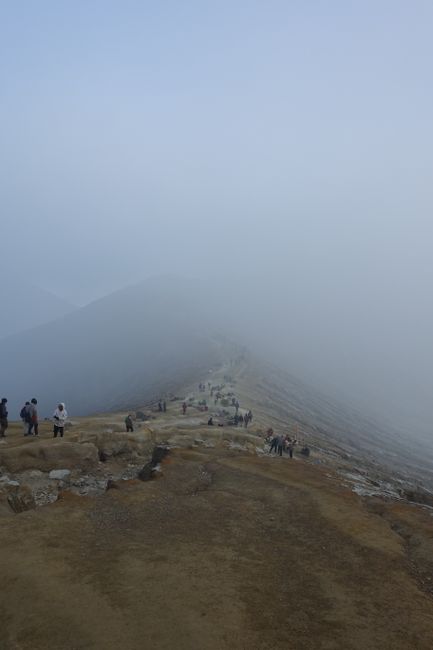
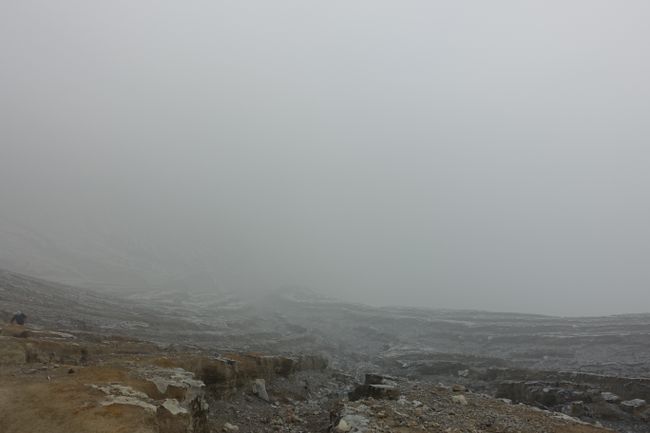
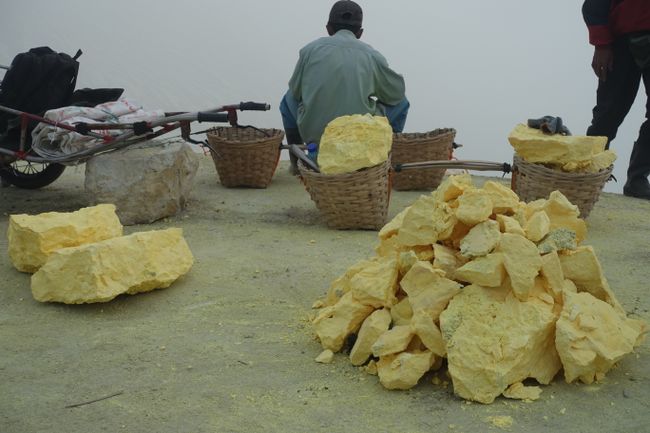
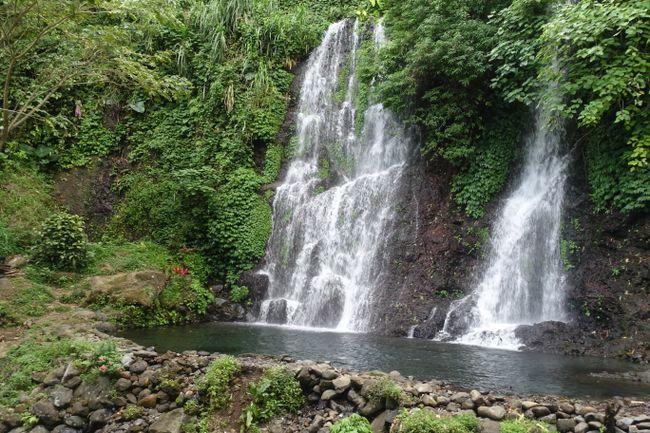
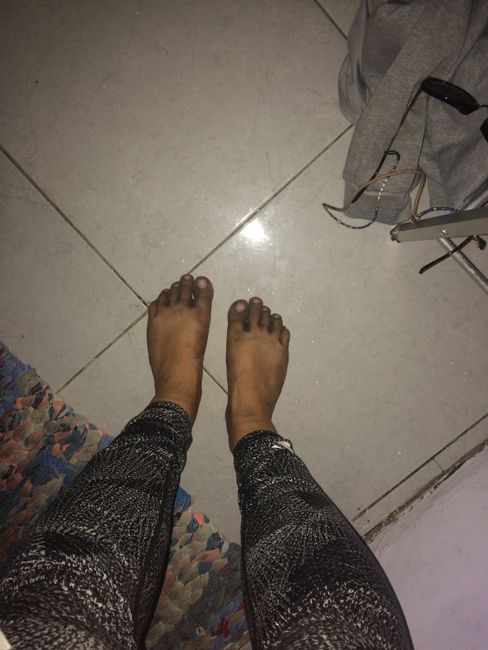
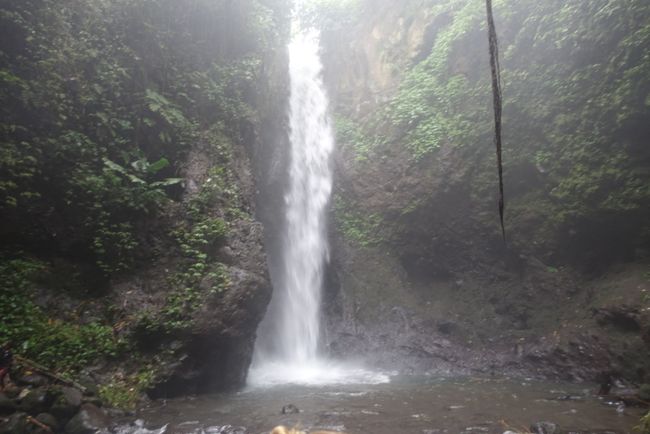
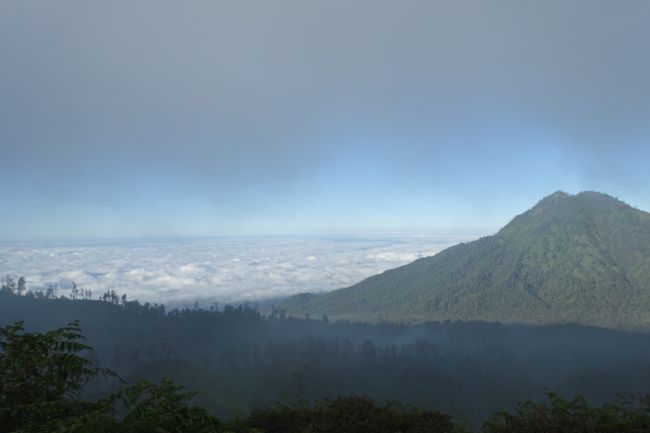
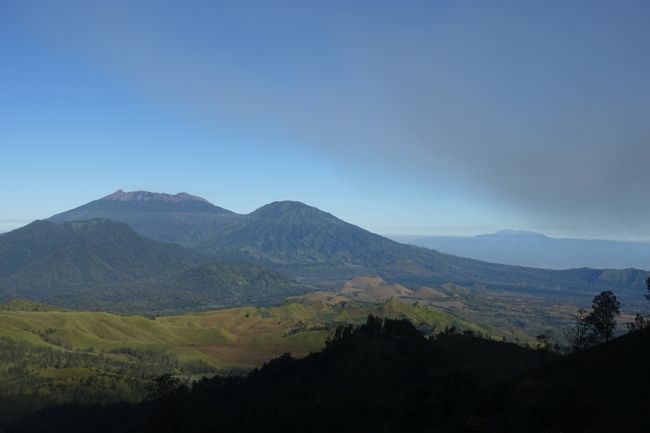
செய்திமடலுக்கு சந்தாதராகவும்
So with Tami and Julia, we drove to Banyuwangi on the same day we were at Mt. Bromo. We arrived at our guesthouse around nine in the evening and basically collapsed into bed. Well, after a thorough shower because there was still dust everywhere.

A lot of dust. A lot.
We had booked the tour to Mount Ijen for the next night (from Wednesday to Thursday, June 26/27) so we slept in and took it slow. We had a calorie bomb for breakfast - we'll burn it off tonight:D After breakfast, we went to a waterfall.
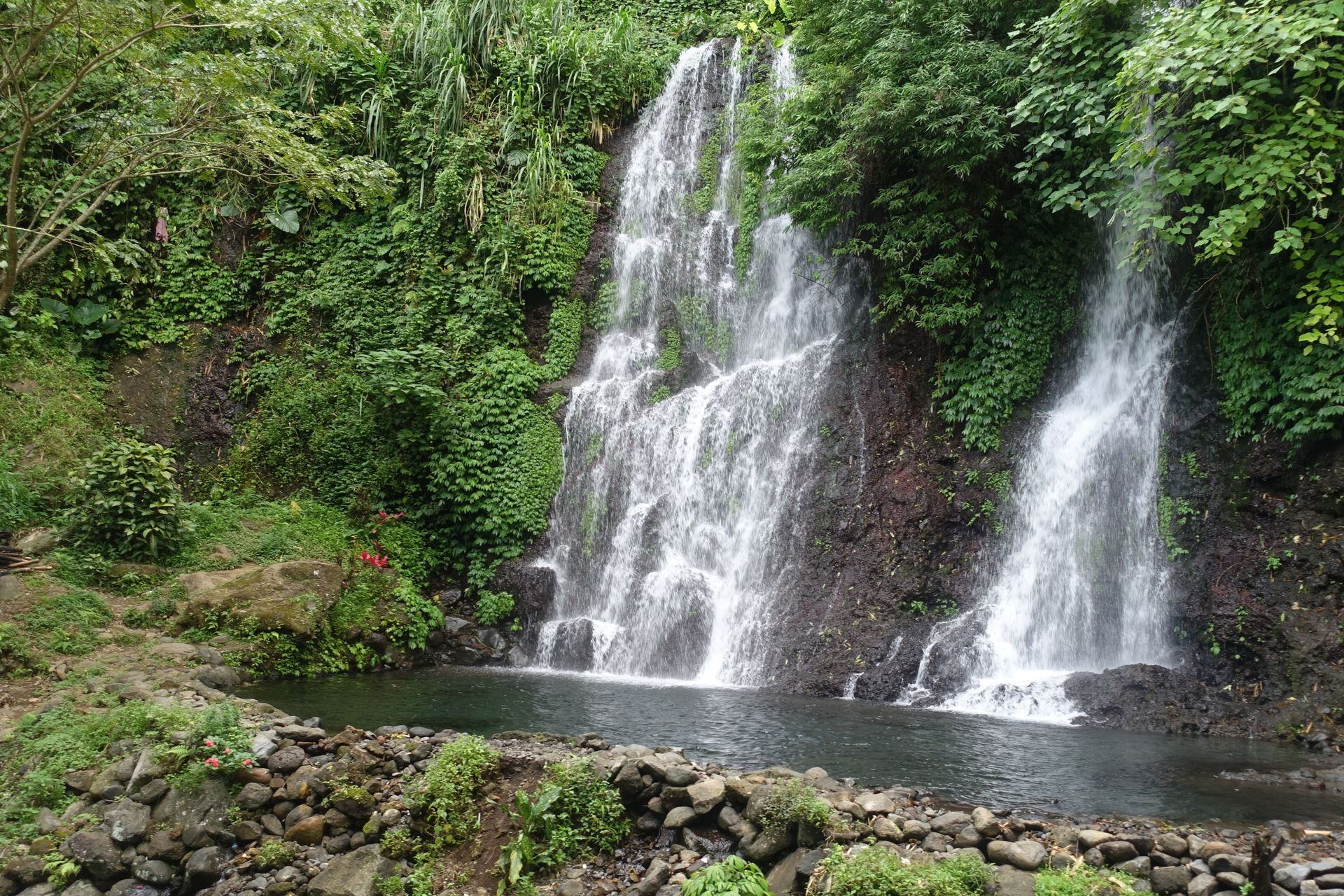
It was really beautiful, but we were there for less than 5 minutes (and almost alone) when suddenly a horde of locals appeared. It's quite extreme in Indonesia how often locals want to take photos and/or selfies with you. Sometimes even without asking, which is very rude, or they don't even respond to a 'no'. So we left, but instead of going back, we continued along the river. We had to cross the river twice and suddenly we found ourselves in front of a secret waterfall.

All alone. The water was rushing down with such force that we got completely soaked, but it was awesome!
But we are not doing Ijen as a group of three, one of Julia's friends joined us and in the evening we met another German girl in our accommodation who is coming along. Girl power!;) In the evening, we all went out for some good Indonesian and spicy (!!!) food. And after only 1-2 hours of sleep, we were picked up at half past twelve. Let's goooo!

Julia, me, Alex, Luisa, Tami
When we arrived at the starting point, we all received gas masks and equipped ourselves with headlamps. We shared a guide with 6 other people and then the hike up began. It was actually quite easy, the path was well paved and steep at the beginning, but doable. Locals kept offering to carry us up. It was like a wheelbarrow that you could sit in and one person pulled while another person pushed from behind. There were actually people who did that. I find it really ridiculous. If you're already visiting a volcano, you should be able to walk a few meters uphill. Doable! And it's not like the youngest ones were the ones pulling the carts. Probably former sulfur workers. It took about 1.5 hours to reach the crater and during the last third, we had to put on the gas masks.

Because breathing was difficult for me, I found wearing the gas mask on my face terrible. Every time I inhaled, it was pulled tightly against my face and I felt completely restricted. I can't describe it properly. No problem with normal breathing, but as soon as I breathed faster, it was very uncomfortable and I lifted the mask slightly so I could breathe 'normally' again. The sulfur also made my eyes burn occasionally, but I have to say, I imagined the smell to be worse (like at those hot sulfur springs).
It's officially forbidden - at least there are signs that emphasize that - to descend into the crater, but hey, we're in Indonesia, we don't take 'rules' that seriously.

When we reached the edge of the crater, we immediately started descending. It was pitch black, only the light from our flashlights.
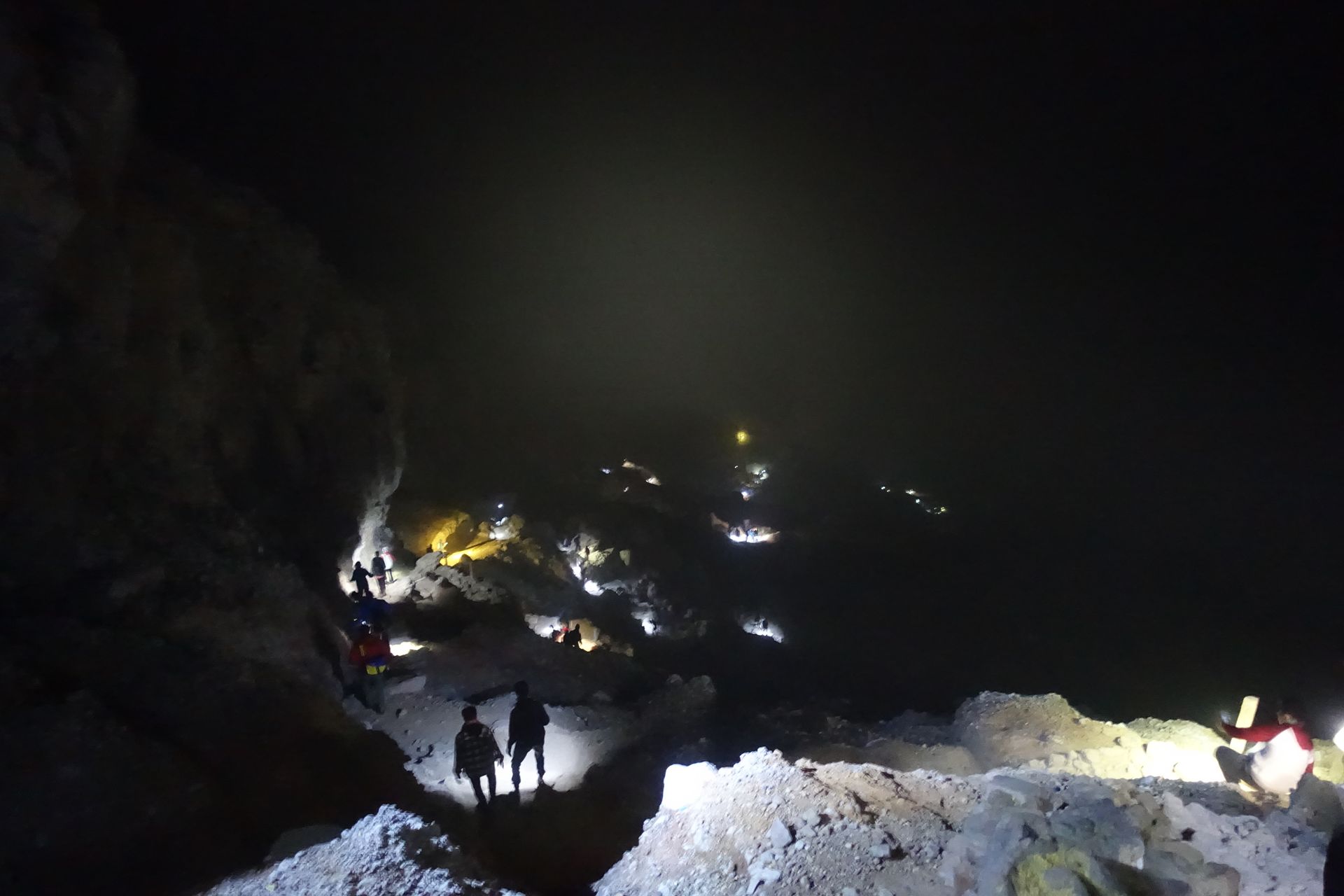
We had 200 meters to go to reach the sulfur mining and the blue fire. On the way, we encountered workers carrying two baskets of sulfur on their shoulders, weighing up to 100 kg.
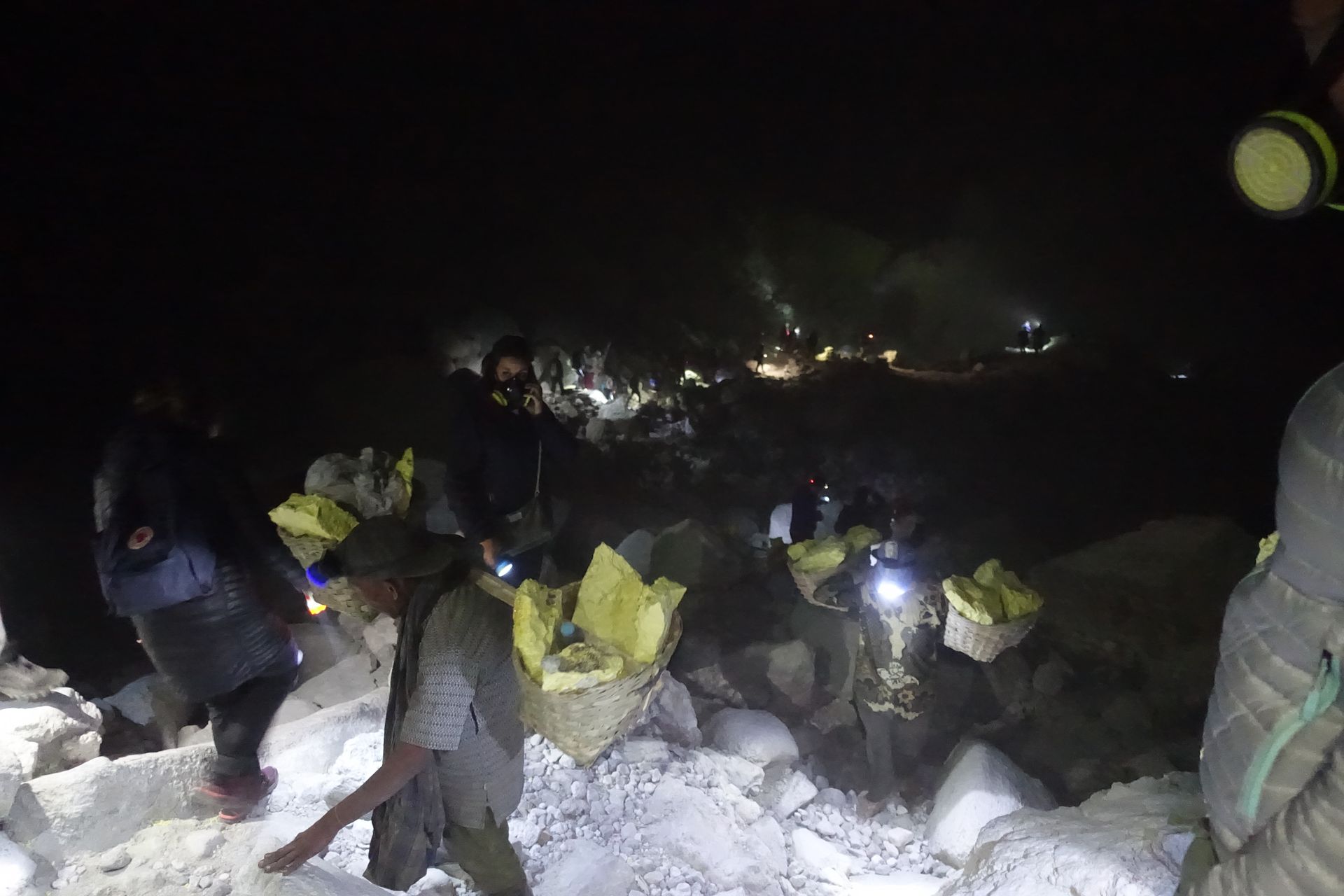
Very few of them were wearing any protective masks. The uphill hike later was already quite tiring, but I can't even imagine doing it with that extra weight. Our guide was also a sulfur worker for 15 years. He had to stop because he had severe shoulder injuries. However, he still goes back there from time to time and carries the sulfur uphill. The worst part is that the workers earn ridiculously little money.
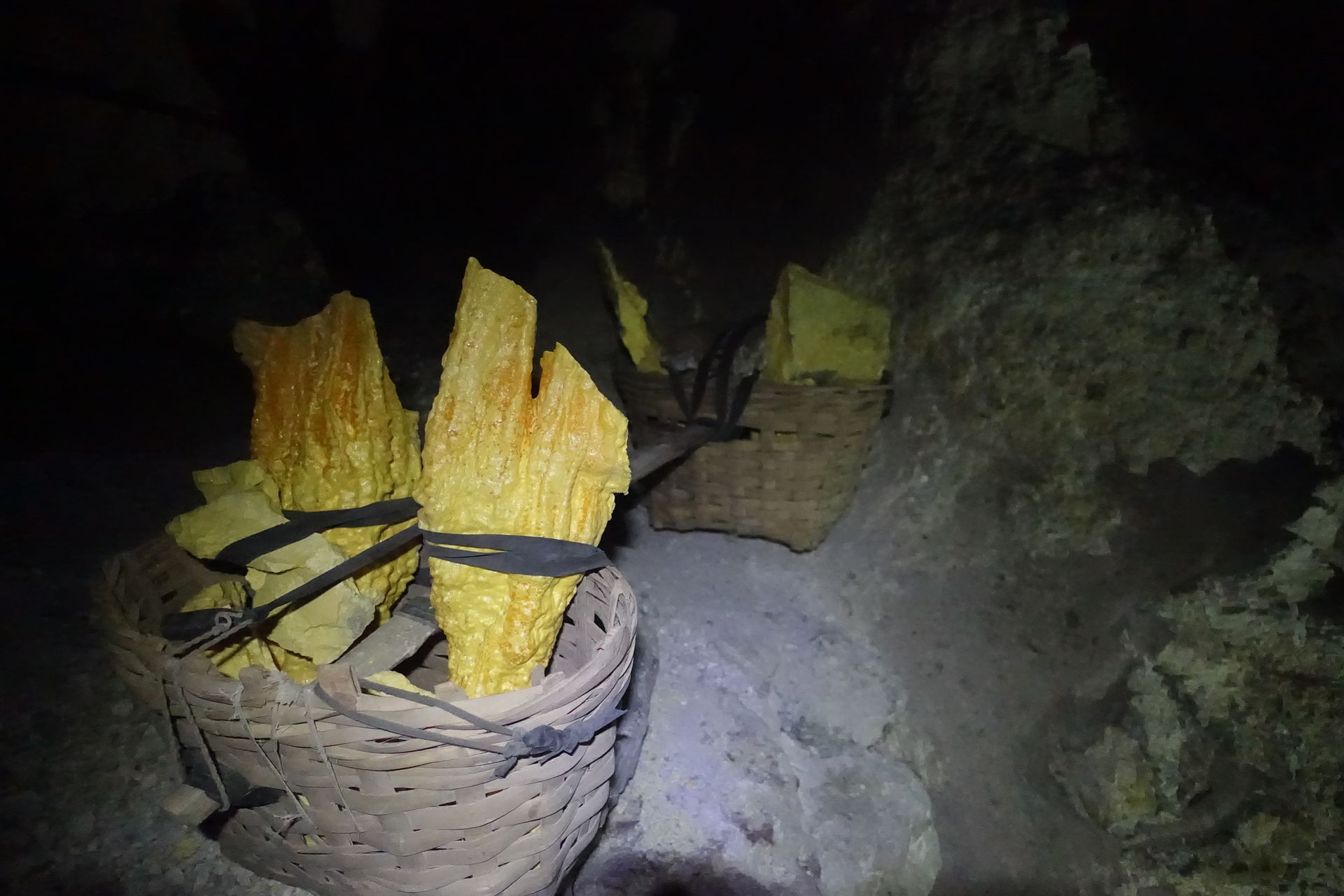
They are paid per kilogram and for example, 63 kg is 50,000 IDR, which is equivalent to 3€...
We could already see the blue fire from afar, but seeing it up close was completely surreal.

Unique.

Down there, we could also see the workers breaking off sulfur with iron rods. Sometimes they were completely engulfed in a cloud of sulfur. All they had for protection was a piece of cloth soaked in water in their mouth.

Then we walked the 200 meters back up - without carrying 100 kg on our shoulders - and along the edge of the crater to a place to see the sunrise. That was quite a distance and I really felt the sulfur burning in my eyes and nose. While waiting, we also realized how damn cold it was!

But this sunrise was once again beautiful!
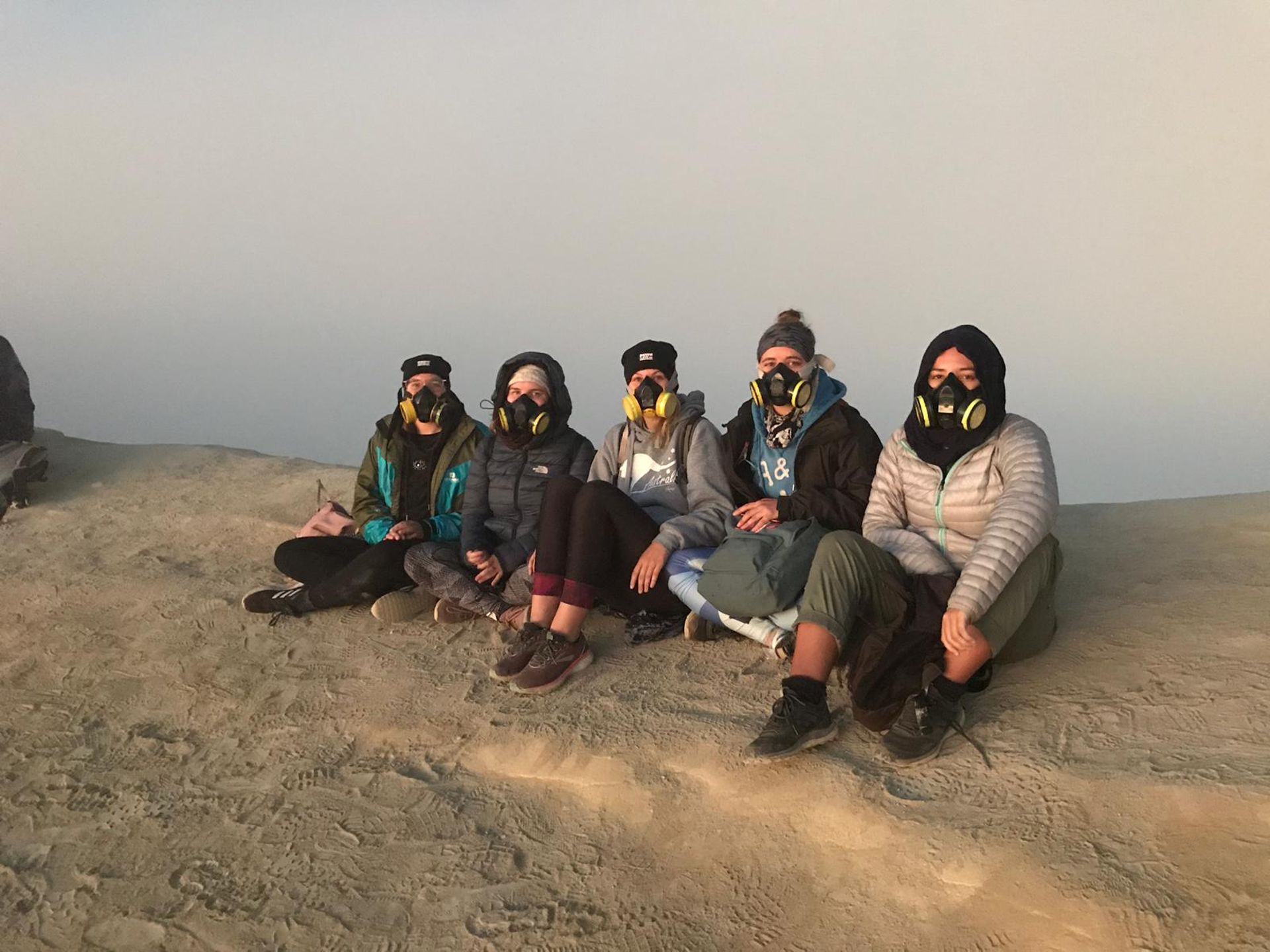
The abyss behind us. In the abyss, you should normally be able to see the blue crater lake, but the sulfur clouds were pretty dense there.
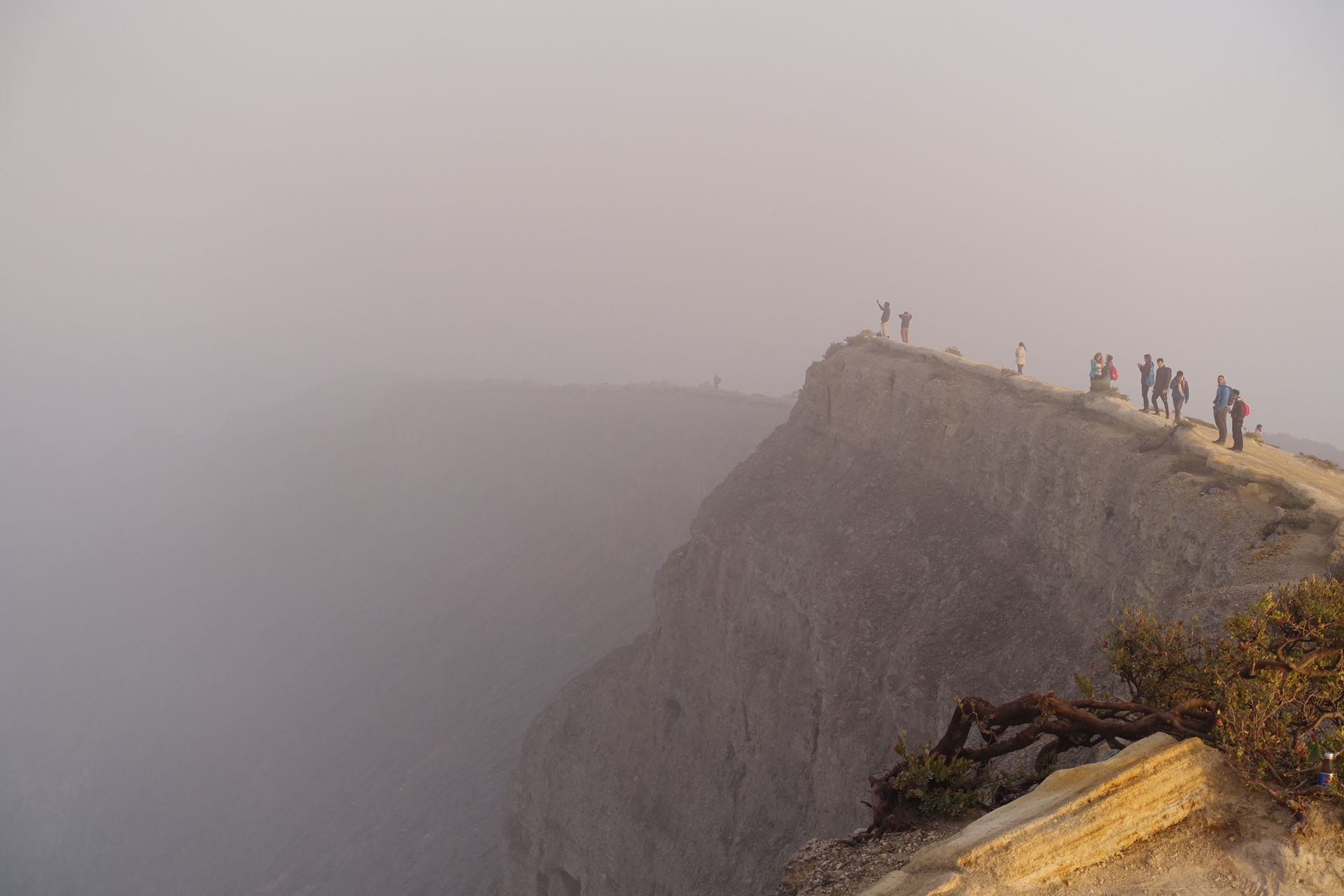

But luckily, after a while, they dissipated and we could see more and more of the lake.

I didn't wear my mask as often during the entire time up there and on the way back, and I noticed that, especially later, I had a cough. It's simply toxic. And many people descend there every day without any protection.
On the way back, I could really see how it all looks and it blew me away once again.
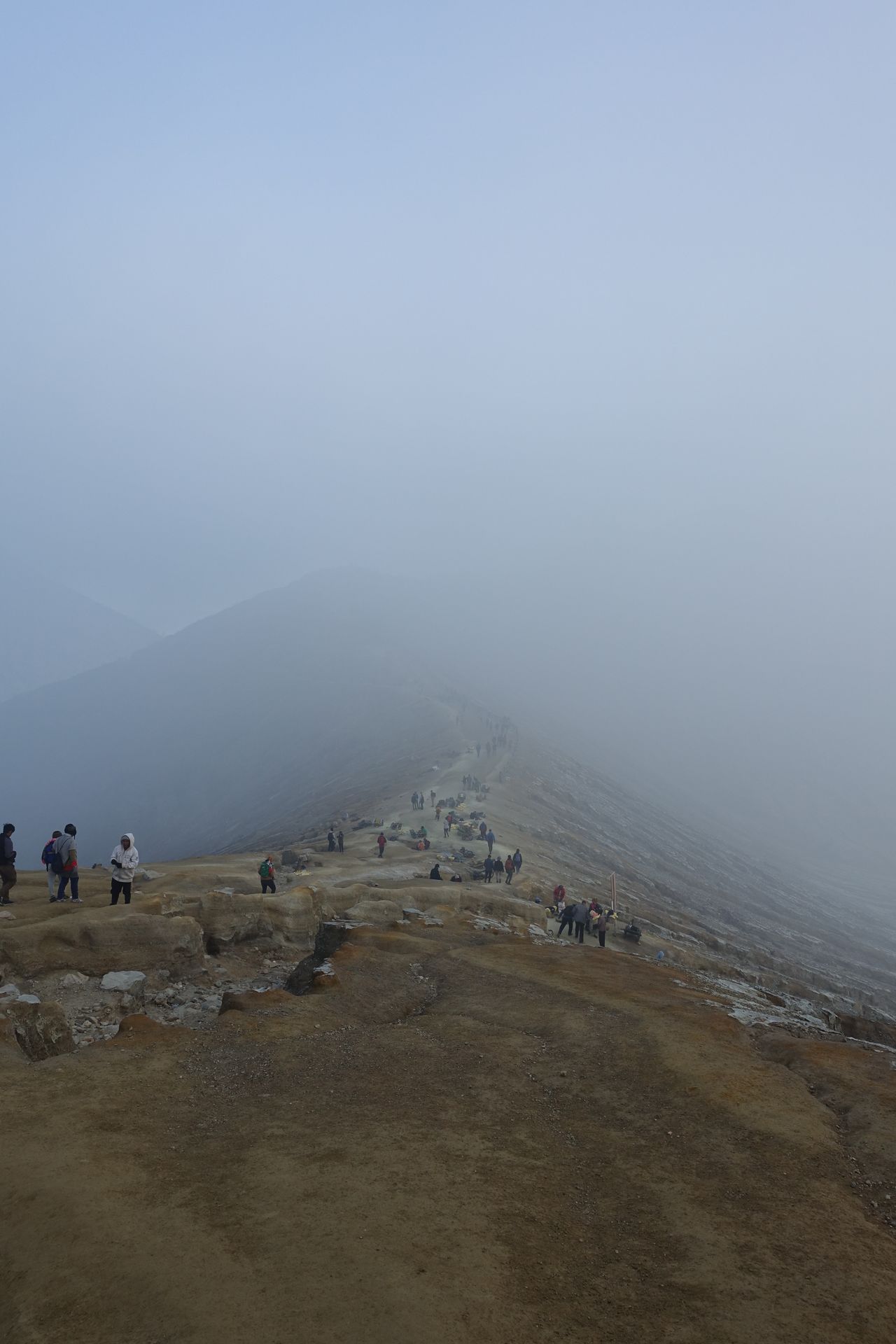
The 'mist' is actually all sulfur fumes.
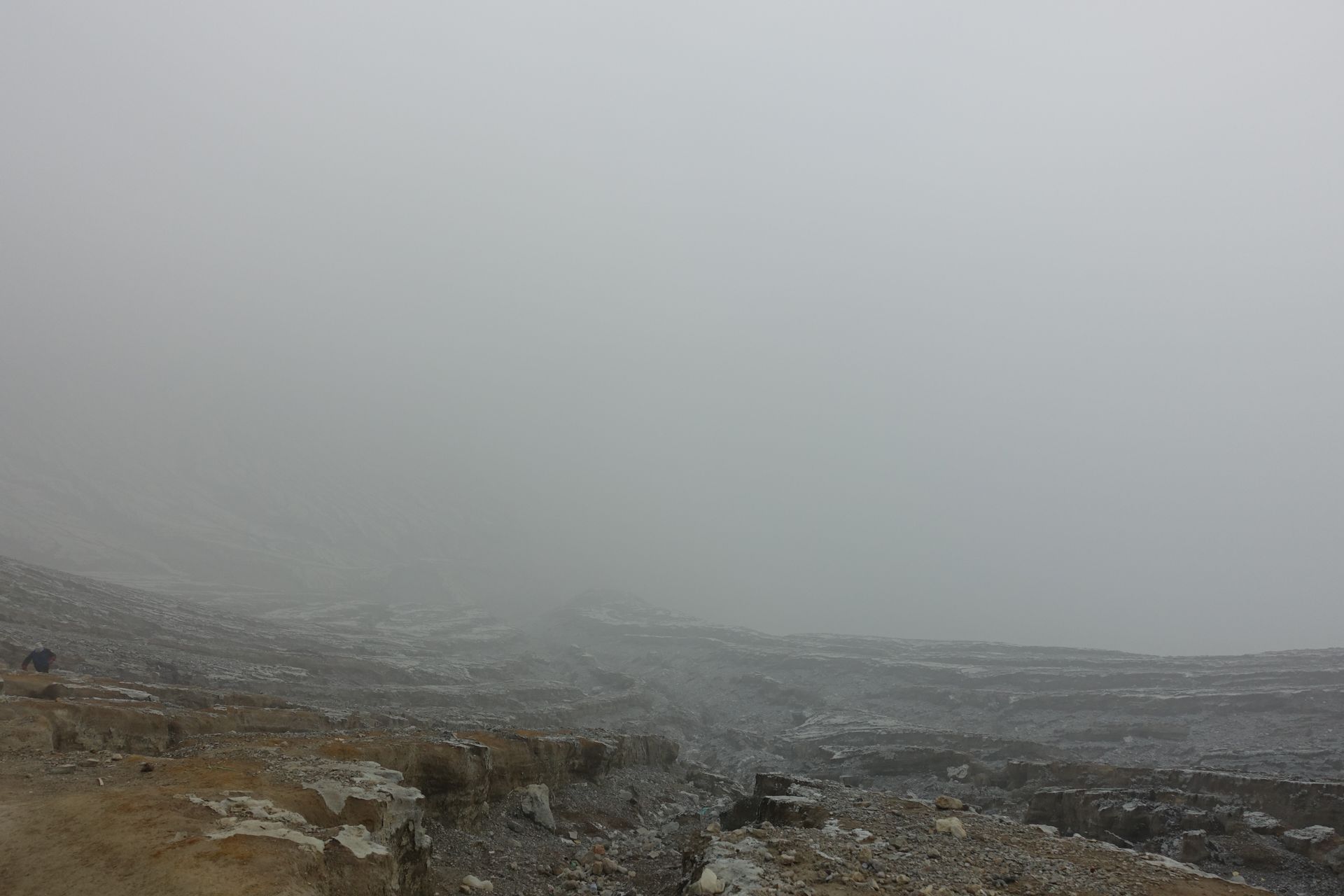

Unfortunately, we weren't allowed to descend again in daylight because we somehow had to be back down by 7:30 am. That was a bit of a shame, but oh well.
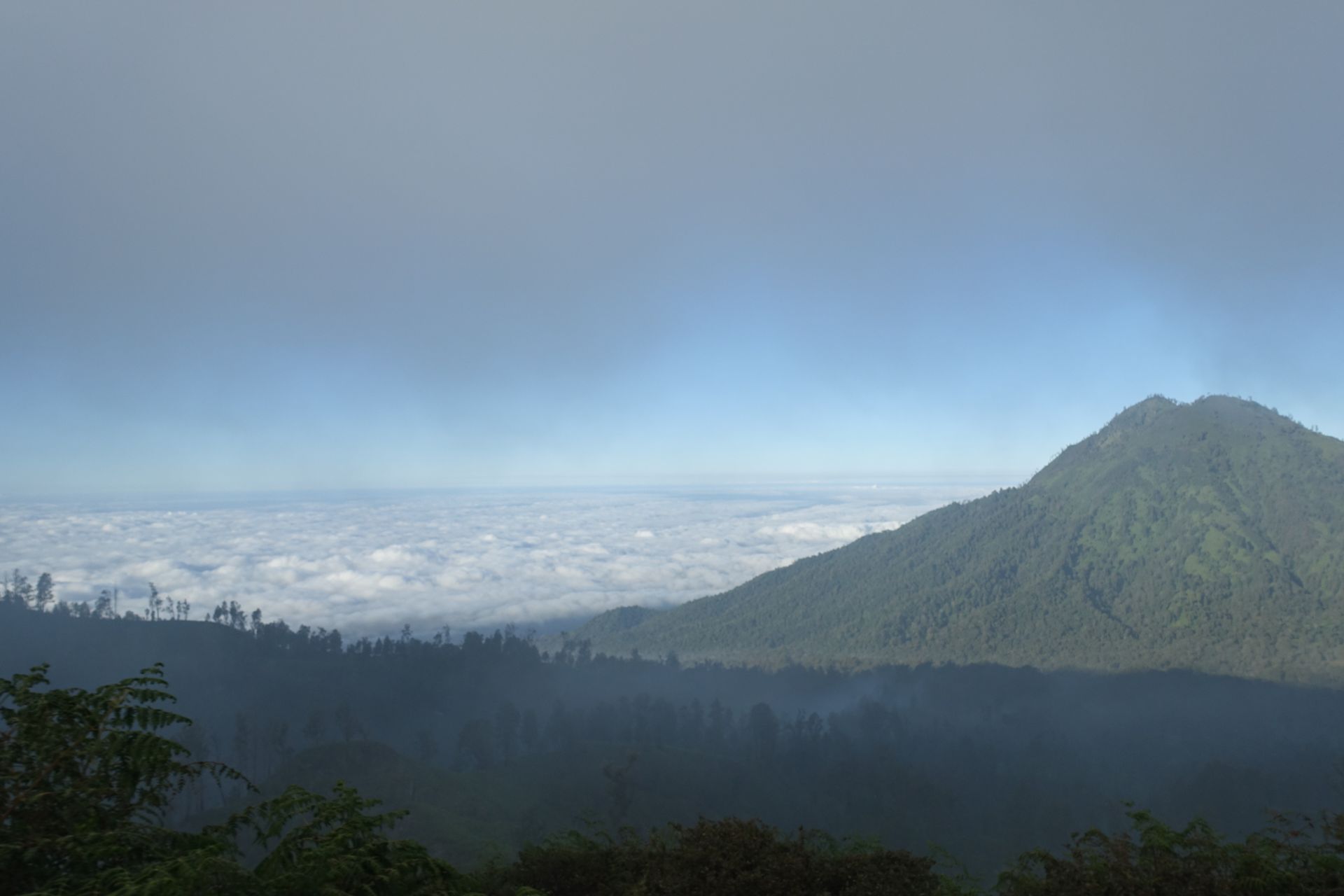
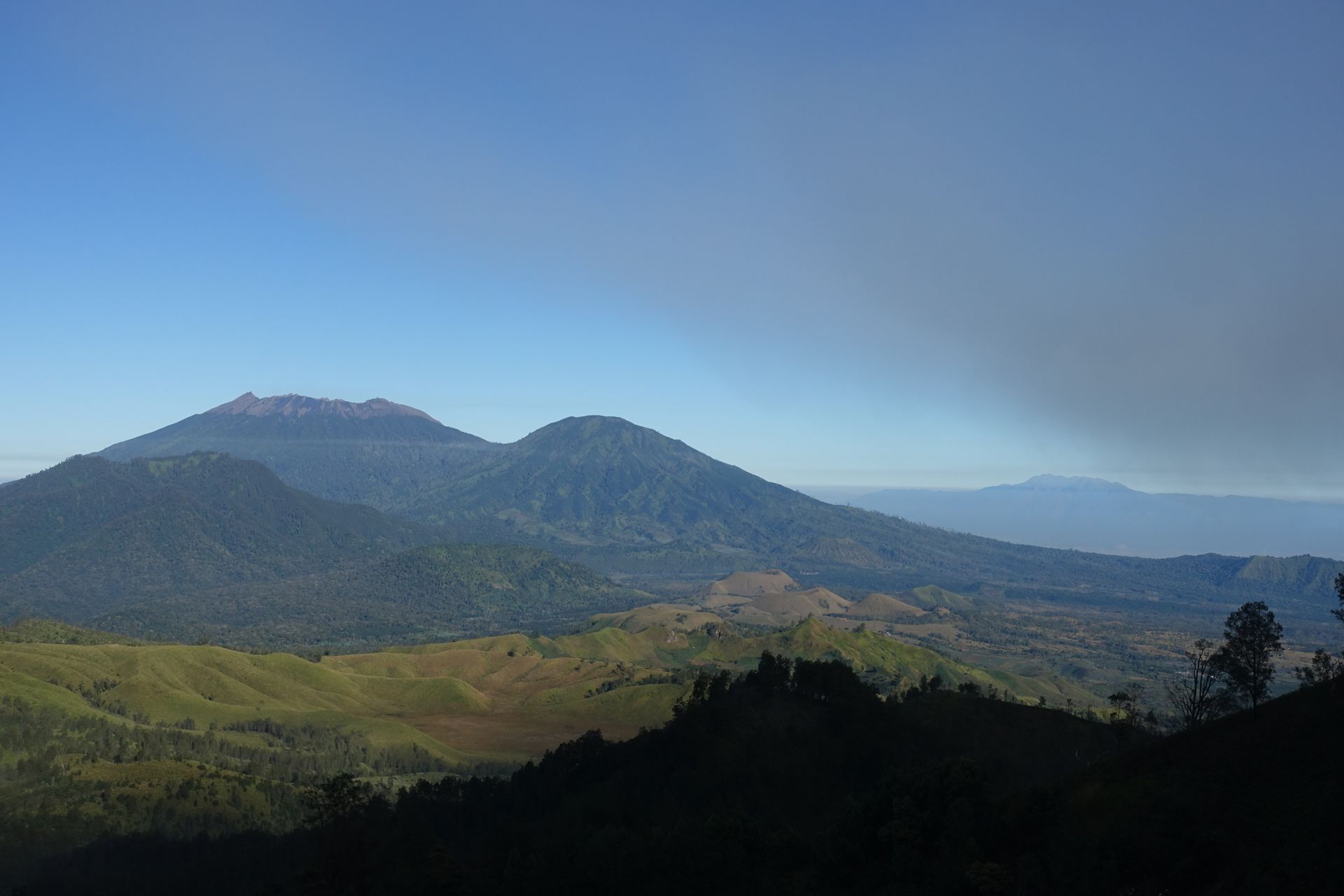
செய்திமடலுக்கு சந்தாதராகவும்
பதில்
